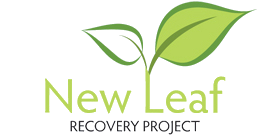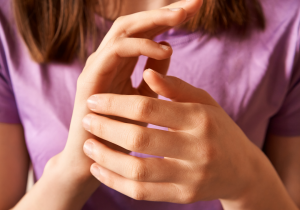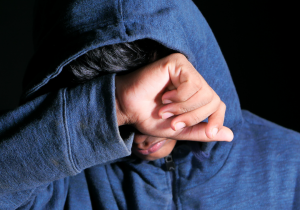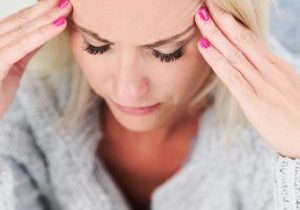Understanding the Connection Between Eating Disorders & Addiction
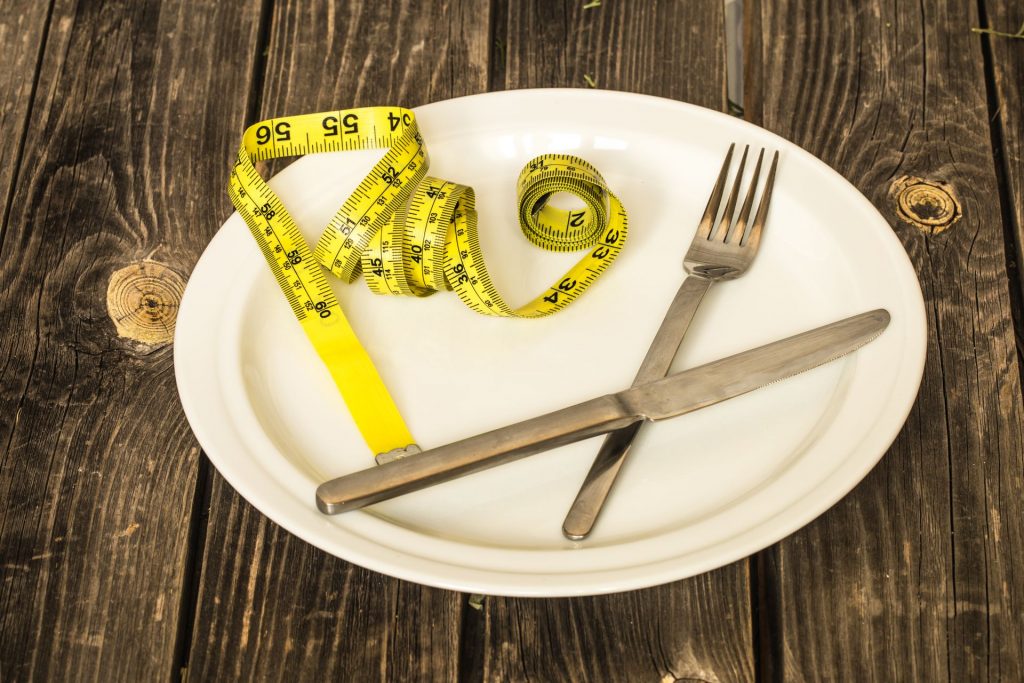
Eating Disorders Awareness Week is an opportunity to raise awareness about the serious and often misunderstood mental health conditions that affect millions of people globally. At the same time, it highlights the link between eating disorders and addiction, as both can have devastating effects on a person’s physical, mental, and emotional health.
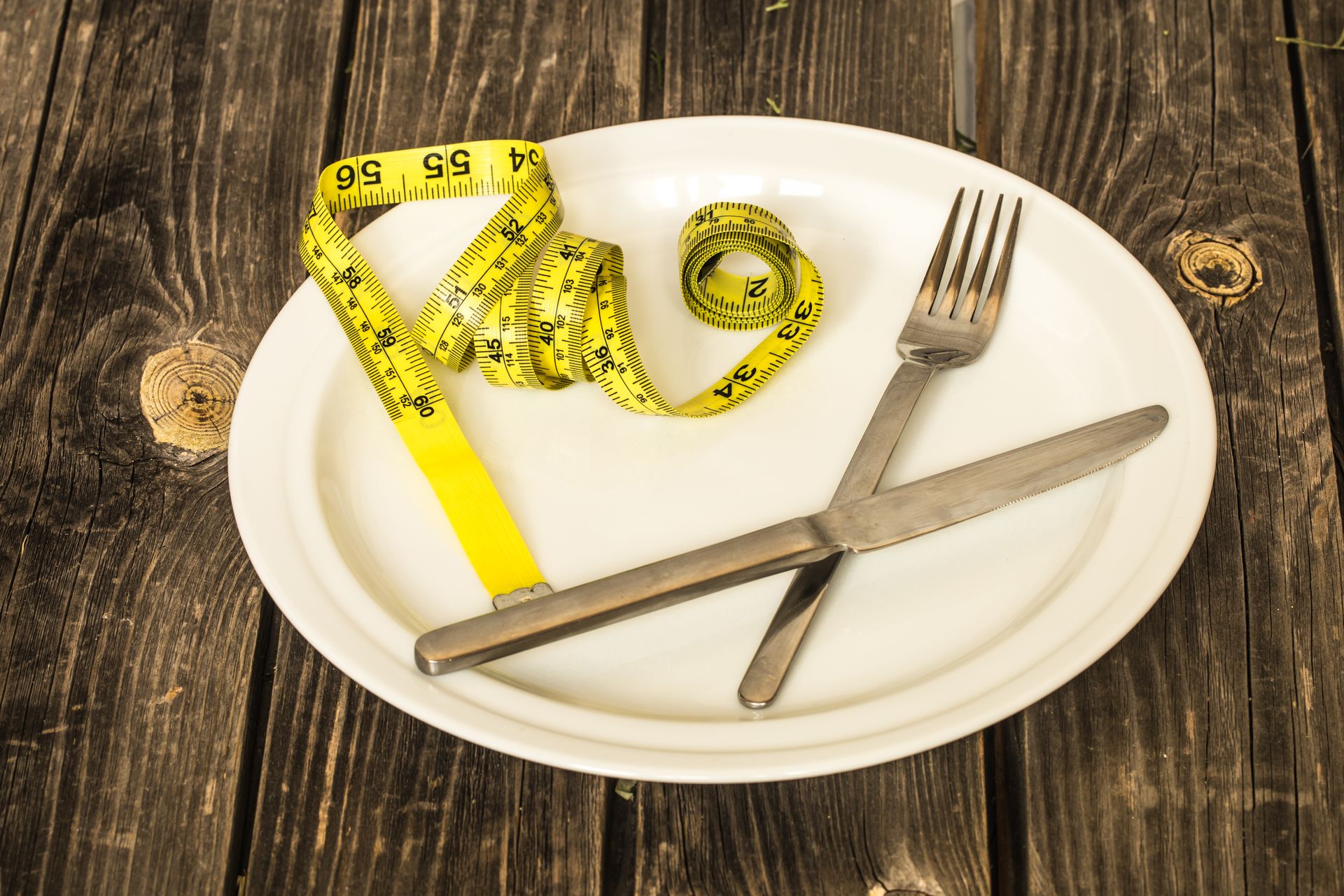
What Are Eating Disorders?
Eating disorders are a group of mental health conditions that involve an unhealthy relationship with food and body image. The most common eating disorders are anorexia, bulimia, and binge eating disorder (BED).
Anorexia – Characterised by an obsession with food, body weight, and body image, and often results in severe weight loss.
Bulimia – Characterised by binge eating followed by purging, fasting, or excessive exercise to counteract the effects of the binge.
Binge Eating Disorder (BED) – Characterised by recurrent episodes of binge eating, where an individual eats large amounts of food in a short period of time and feels a lack of control over their eating.
The Connection to Addiction Recovery
Eating disorders and addiction often co-occur and can fuel each other. For example, individuals who struggle with addiction may turn to food as a form of comfort or as a way to cope with feelings of shame or guilt. Similarly, individuals who struggle with eating disorders may turn to substances or alcohol to numb the emotional pain associated with their eating disorder.
Both addiction and eating disorders are complex mental health conditions that can be caused by a combination of biological, psychological, and environmental factors. They both require professional help and a comprehensive approach to treatment. At our addiction recovery and rehab centre in the UK, we understand the connection between eating disorders and addiction and offer a holistic approach to the treatment of such conditions.
Treatment Options for Eating Disorders
For individuals who are struggling with an eating disorder, the road to recovery can be difficult and often requires professional help. Treatment options for eating disorders can include therapy, medication, and support from a treatment team. Some people find success in individual therapy, while others benefit from group therapy or support groups. Inpatient treatment, where an individual stays in a residential facility, can also be an effective option for those who need a higher level of care.
Support Your Mental and Physical Health
Eating Disorders Awareness Week is an opportunity to bring attention to the impact of eating disorders on people’s lives and to promote the message of hope and recovery. With the right support and treatment, it is possible to overcome eating disorders and live a fulfilling life. At New Leaf addiction recovery and rehab centre in the UK, we are dedicated to providing a comprehensive and compassionate approach to the treatment of eating disorders and addiction. If you or someone you know is struggling with an eating disorder or addiction, we encourage you to seek help and start your journey towards recovery today.
Receive a Free Call Back
"*" indicates required fields
Our Complete Recovery Journey - from your initial enquiry, all the way through treatment and beyond into ongoing support, New Leaf Recovery are there to guide and support you.
New Leaf offers a complete journey of treatment - from initial detoxification and rehabilitation to ongoing support, including aftercare, family support, and beyond into long-term recovery.
Getting the right accommodation enables us to provide the right backdrop for our recovery methods. Any form of rehabilitation needs to happen in a safe, comfortable, secure and friendly environment.
Receive a Free Call Back
"*" indicates required fields
